On the 25 of April 2018, I and some of my colleagues established Kaduna Progressives Youth Forum (KADPRYF). It’s a forum that is geared towards sponsoring orphans and Almajiri Children into Primary Schools and Islamiyya Schools within Kaduna Metropolitan City, with the intention of extending it to other Local Government Areas and subsequently, other northern States. In the course of this task, I met Tukur. A 9 year old boy who hailed from Bakori local government area of Katsina State.
At the age of 5, Tukur was banished from their house by his mother who was divorced by his father. She got married to another husband and ordered him to leave for Almajiranchi and never to return home again. He now lives in the suburbia of Kaduna City, surviving on the little errands he gets from people and of course, begging, and when he couldn’t get anything from his errands and begging, he goes to bed with an empty stomach. And for every young almajiri child like Tukur, there are millions who did not go to school, never knew where they hailed from, who their parents were and what the future holds for them. According to United Nations International Children Education Funds (UNICEF), today, one in every four children in the world is living in a country affected by conflict, abuse, violence, disaster or exploitation. Furthermore, nearly 50 million children have been uprooted from their homes due to violence, poverty or natural disasters. This poses nothing short of a threat to our national development, global property and attainment of the 2030 sustainable development goals. Why are we where we are today? What went wrong? And how can we proffer laudable panacea to the plight of these children? This will all be considered and constructively addressed.
The Almajiris are children in the Northern part of Nigeria. They have also dispersed into other parts of the Country. They are ticking time-bombs that will explode soonest if the situation is not controlled and or sanctioned by both states and Federal Government. This paper has critically examined the Almajiri children in Nigeria, Vis a Vis who is an Almajiri? A brief history of how Almajiranci system evolved, the living conditions of these children as well as challenges they pose to Nigeria and has also proffer possible panacea to the plight of such children. It’s the fervent view of this writer that notwithstanding the domestic Laws we have in Nigeria on the Rights of the Child, such as the Child Rights Act 2003, Young Persons Protection Law and other Regional Conventions such as the African Charter on the Right and Welfare of the Child and the United Nations Convention on the Right of the Child, the Almajiris who fall under CHILDREN WITHOUT PARENTAL CARE have always been left out without a specific protection despite plethora of applications to the United Nations by Civil Society Organizations such as Better Care Network, LUMOS among others that such children should be accorded a specific or rather special protection. This is unconnected to the fact that such protection will go a long way in actualizing the “No-one left behind” underlying moral code of the 2030 Sustainable Development Goals of the United Nation. It has also recommended that there should be a reformation or regulation of the Islamic Marital System in Northern Nigeria most especially as it relates to polygamy. Furthermore, government and other Nongovernmental Organizations should help and ensure the funding, welfare and educational training (both formal and Islamic) of these children thereby evacuating them from the streets and restoring hope in the children as well as equipping them for nation building and global prosperity.
Who are the Almajiris?
Advertisement
The word almajiri originated from the Arabic word “almuhajirun” which loosely translates to an emigrant. It therefore presupposes that the Almajiris are children (usually but not always above 5 years and below 18 years) that were forced to migrate from their homes by there “Parents/Guardians to learn the Holy Qur’an before an Islamic Scholar called “Mallam or Alaramma etc” upon the attainment of which they will graduate (though without a formal certificate) but are being conferred with an honor by the society. This system of Islamic education is prevalent among the Tijjaniyya and Qadiriyya sects of Islamic religion.
However, the major characteristics of these children today is that they are children that have been abandoned, neglected without parental care, love or concern of the community in pursuit of traditional Islamic knowledge. History has postulated that the Almajiri system was the prevalent form of education in northern Nigeria before the advent of colonialism. However, when the British came in the 19th Century, the British invaded northern Nigeria, fought the traditional rulers, deposed those that resisted and restructured the bureaucracy of the region. It was this restructure that made the traditional rulers powerless which in turn affected the Almajiranchi system. The British refused to fund the Almajiranchi system on the basis that it’s a religious institution which should not be funded by the government. Although this might be reasonably justifiable in a democratic society.
It has however laid the building-blocks of the Almajiri-Predicament in Nigeria. It’s worth stating at this juncture that, the first generation of Northern Nigerian Leaders who were also beneficiaries of the system tried their best with respect to funding the system, regrettably, they failed by not institutionalizing its funding or reforming the system to accord with our national policy on education. Subsequent Leaders have failed in providing solutions to this problem too, either by virtue of resistance from the Mallams or the orthodox northerners who are always allergic to reform or by viewing it not as a problem at all. This collective national indifference by both their parents, governments at all levels, nongovernmental organizations, religious leaders and religious organizations as well as groups, community leaders and the society in general made these children to be a ticking time bomb to our communities and the country at large. And the number of such children is increasing daily. What policy are we formulating to end this hydra-headed monster before it consumes us all? What economy are we building for them and our teaming children? And what steps are we taking to evacuate them from the streets?
Advertisement
The Condition of the Almajiri Children
It’s beyond argument that the Almajiranchi system was very effective before the advent of colonialism and during the First and Second Republic, in those periods, the schools do carry out their traditional functions with very little problems. However, by virtue of the encumbrances canvassed above, the system became ineffective and is no longer carrying out its traditional or religious functions to a greater extent. And therefore, the Almajiris today, are living in a very sad and pathetic condition. These pathetic conditions violates the rights of these children enshrined in both National and International Legislations and Conventions. A brief amplification of these conditions at this juncture is sine qua non. The Conditions are as follows:
- a) Lack of Formal Education
- b) Lack of Welfare
- c) Ill Health
- d) Victims of Child Abuse, Child Exploitation and Child Violence
- e) Live without parental care, love and control.
The above mentioned conditions will be briefly discussed hereunder:
a) Education: Although in recent times, the Federal Government has built 153 Almajiri Schools to cater for the education of these children, the schools are bedeviled by plethora of challenges ranging from lack of feeding, poor accommodations, epileptic electricity supply and maladministration of these schools. Majority of the Almajiris do not have access to formal education schools and don’t usually attend even the traditional Islamic education as they spends most of their time on streets, markets etc. instead of been in school usually due to lack of support and or cooperation from the persons and authorities mentioned above. This aided the formation of sects like Boko Haram and others. This is contrary to the letters and spirit of the Fundamental Objectives and Directive Principles of State Policy enshrined in the Nigerian Constitution, it’s also an albatross to Sustainable Development.
Advertisement
b) Welfare: Another situation of great concern is the welfare of these children. They are living under an inhuman condition with some of these children not knowing their homes or their parents as they were taken to Almajiri Schools at a very tender age. They beg from one house to another from one Street or junction to the other in search of food, performing some cheap labour etc. This also is a potential danger that will aggravate the rate of crimes in the country. It’s also a symptomatic fact of failed government.
c) Ill Health: This is another area of concern as the Almajiri children live in an unhealthy and hazardous environments, they eat anything given to them by the people. They drink contaminated water and bathe with same. And when they eventually fall sick, they have nobody to help them or take care of them. What this means is that malaria, fever and cholera can lead to their premature deaths like nobody’s business. No child should be left to suffer, such children should have access to hospital services for treatment of their illnesses. Although this is even not obtainable and guaranteed to other privileged children in Nigeria.
d) Victims of Child Abuse and Child exploitation: The Almajiris have always been victims of sexual violence as many are been used by some people based on the promise that they will give them food or a paltry sum. They are being used for labour and other activities for the benefits of some of the members of the community. They are been maltreated by the most seniors in such system and in other instances by the teachers among others.
e) Live Without Parental Care, Love and Control: They live without parental love, care and control as some of them were banished from their homes at a very tender age. They have no one to go to when they need advice, no one to caution them when they erred, they follow their own whimsical desires. Then why are we surprised that they become part of Robbery gangs since they’ve no parental care and control? Why are we surprised that they end up becoming part of militias like Boko Haram? Why are we surprised that they are on drugs and end up becoming radicalized individuals upon attaining majority? It’s a conversation we must have.
Advertisement
Recommendations
The fact remain incontrovertible that if the Almajiranchi system is left without reformation, regulation or bringing an end to it (which will be the most difficult option), it will become a hydra-headed monster that will be very difficult to kill. And this country will be under a serious threat, they will summon all of us out of our comfort zones and frustrate the peaceful coexistence of this nation. Hence the need for action. The following are recommendations:
Advertisement
Reformation and Regulation Of The Almajiranci System: This can only be achieved through a practical synergy between the Traditional Emirate Councils, the Mallams and the Government. The Almajiris should be provided for and should not be allowed to be seen on the streets. The school in addition should not only have Islamic curriculum (if at all they have curriculum) but it should be planned in such a way that it will cover formal education which should be in conformity with our National Policy on Education so as to protect the country from becoming a country with a bleak future. The government must also ensure that every Nigerian child have a right to equal educational opportunities irrespective of any real or imagined disabilities. Such curriculum should include technical and or vocational training for such children to be self-reliant and or employed. Such schools should also be supervised by a committee established for that specific purpose which should include the following:
- Representatives of the Federal Ministry of Education
- Representatives of the State Ministries of Education
- Representatives of Traditional Leaders from all the 19 Northern States
- Representatives of Religious Institutions as well as religious leaders
- Other respectable members of Nongovernmental organizations to be appointed by the commission.
Government And Non-Governmental Organization’s Intervention: The Federal Government, all the Northern Governments and nongovernmental institutions should help in funding these schools. The government should also be supportive and afford those wanting to further their education at tertiary institutions all the necessary support that they need.
Advertisement
They must help in building more schools which should include Accommodations, Classrooms and Vocational Centers. They should ensure the payment of the Mallam’s salaries so as to encourage them in supporting the initiative. It will also help in providing a conducive atmosphere for learning both Islamic and modern education. It will also restore hope to these children. And it will also prevent the possibility of the children being used for crimes or other Terrorist acts.
Regulation of Marital Institutions: Marriage in northern Nigeria is governed by Islamic Law. And Islam has admonished every youth to marry subject to fulfilling some certain conditions, which is encapsulated in the Hadith of the prophet where he admonished the youths to marry if, and only if they have the wherewithal. This wherewithal has been translated by scholars to mean physical and mental health, financial capability and Justice. However, this Hadith is not the model of many marriages in the northern part of this country as people do marry without the resources to maintain the wife and such people will give birth to plethora of children they can’t take care of, therefore, the children will be sent to faraway cities in the name of Almajiranci and will only be needed during raining season for their agricultural activities. Therefore, it’s pertinent for the government together with religious leaders as well as traditional leaders to create a medium through which such marriages will be regulated. Certain parameters can be used such as the financial standing of the husband to-be among others.
Advertisement
Regulation of Polygamy: Closely related to the regulation of marriages is regulation of polygamy. Islam has conferred a Muslim with the right to marry 1-4 wives subject to the following conditions; Justice, financial capability, as well as Mental and Physical health. Justice within this context signifies two things; Emotional Justice and Material Justice. The Scholars have agreed that although a person cannot equate emotional Justice, he must equate material Justice. These conditions signifies that a person must have both resources and Justice as a Precondition to adding a wife. However, what is obtainable today is at variance with Islamic injunctions. We have men who couldn’t provide maintenance for one wife marrying 4 wives all of which will be left in rented houses, with children not going to school, with hospital bills not taken care of, thus, the road to Almajiranci. These children will therefore be left to feed themselves thereby enrolling them in Almajiri schools. Hence the need for regulation. The government should have a legislation which will enforce these restrictions set by the Quran, I.e. before a person is allowed to marry a second wife, his financial standing should be considered i.e. Financial qualifications, his current marital relationship and others.
Public Awareness by the Media: There should be an awareness campaign by Media houses most especially Radio Stations, Television Channels, and the social media on the issue of Almajiranchi and the need for parents to take care of their children whom in turn will help them when they become old. Also on the repercussions that awaits Nigeria if the issue is not arrested. Such campaign should also be furthered by Activists and all well-meaning Nigerians.
In conclusion, the reformation of the Almajiranchi system should not be a matter of choice to the government but must be seen as a priority. It is about be the reform and improvement of our national efficiency, protection of our internal security, enhancing the lives of our citizens, providing opportunities for all irrespective of the financial standing or other factors of the children. And if this action stands, it will be an aberration which element of subversion will resort to in frustrating our peaceful coexistence, national development and global prosperity in the near future.
Mustapha is a lawyer.
Twitter: @kaigamamustaph1
email: [email protected]
Facebook.com/Kaigama Mustapha
Views expressed by contributors are strictly personal and not of TheCable.
1 comments

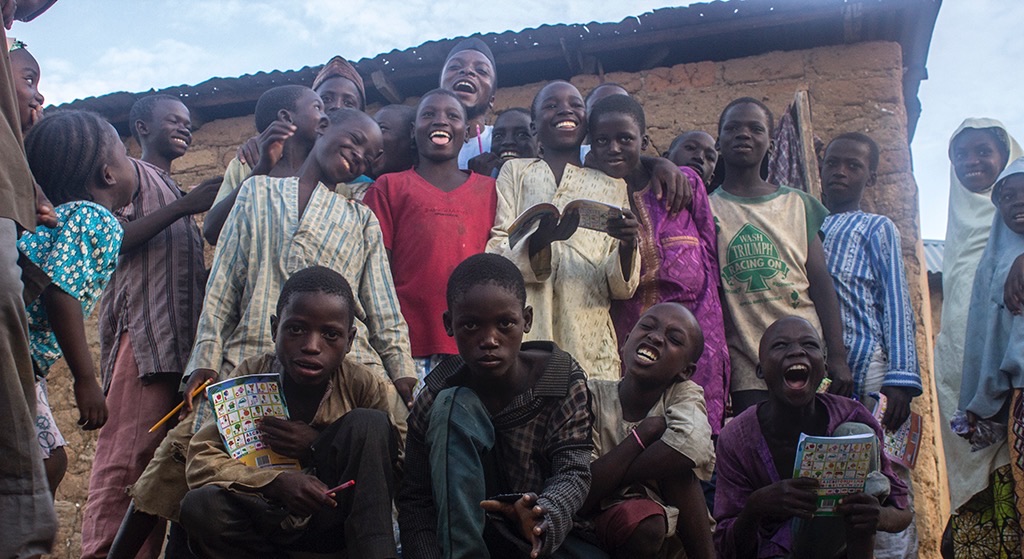
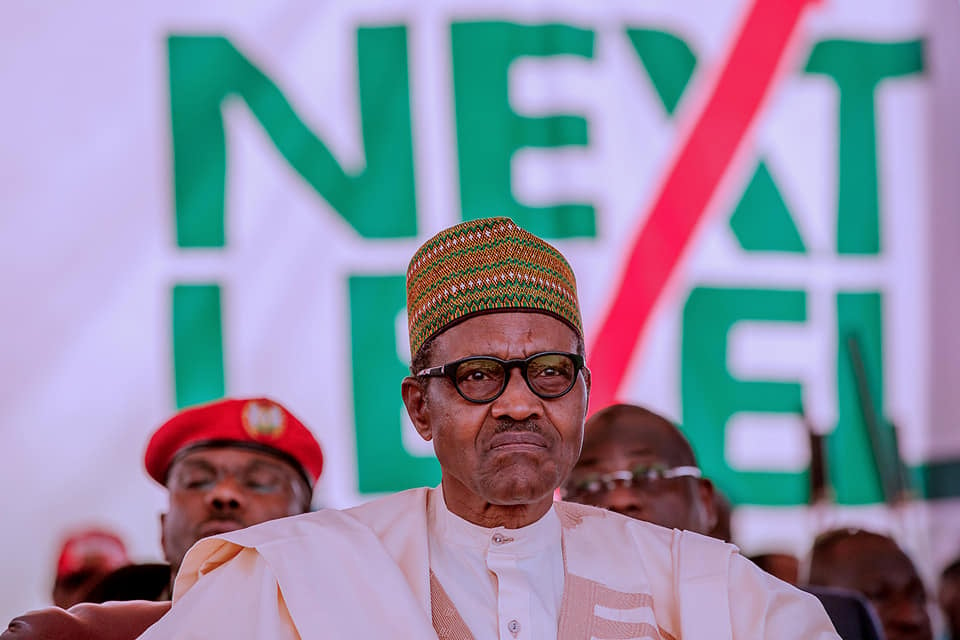

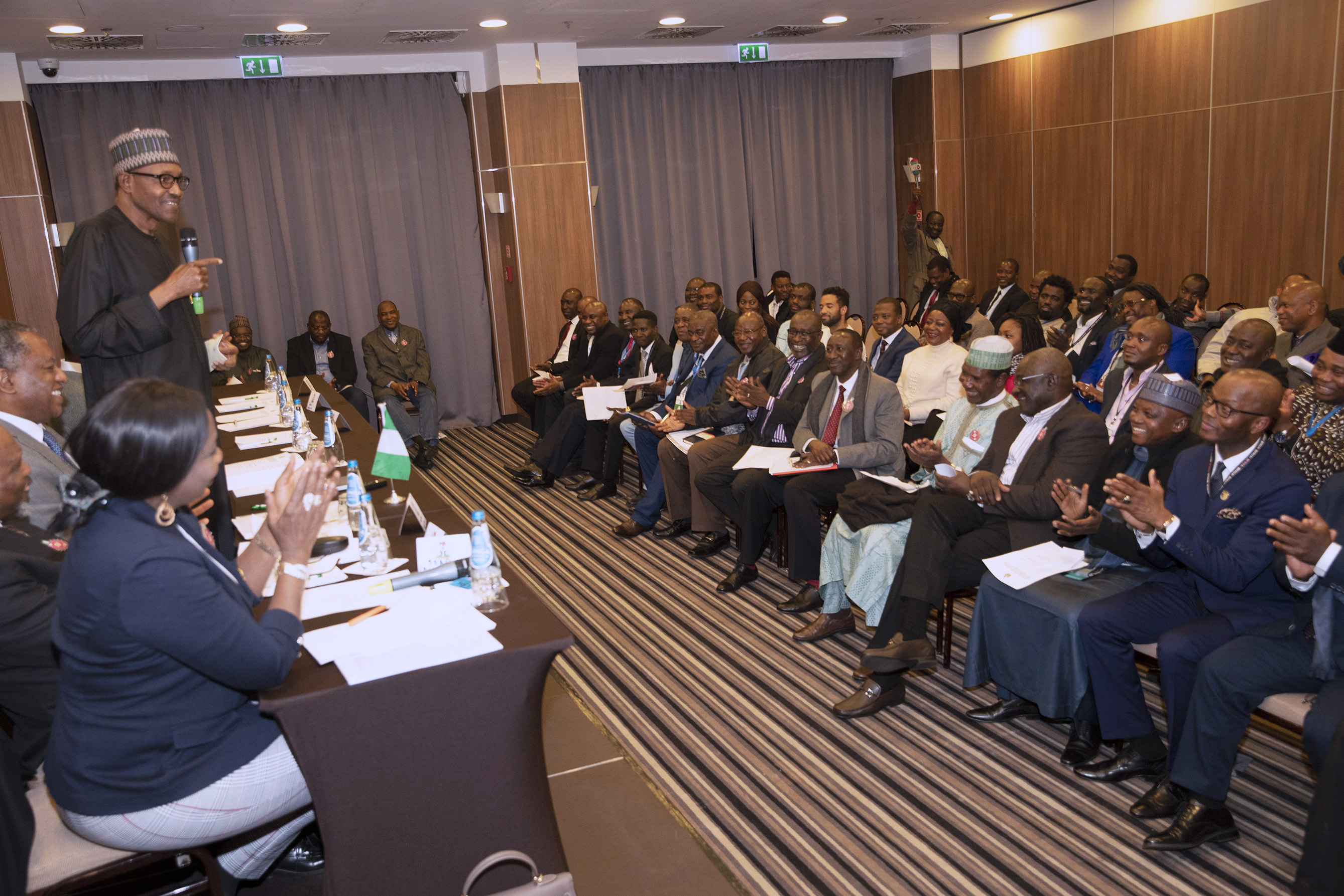
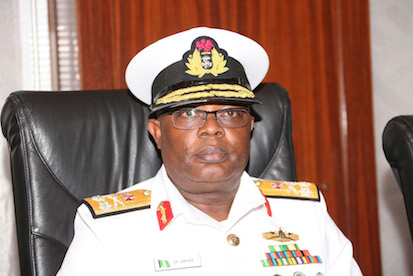
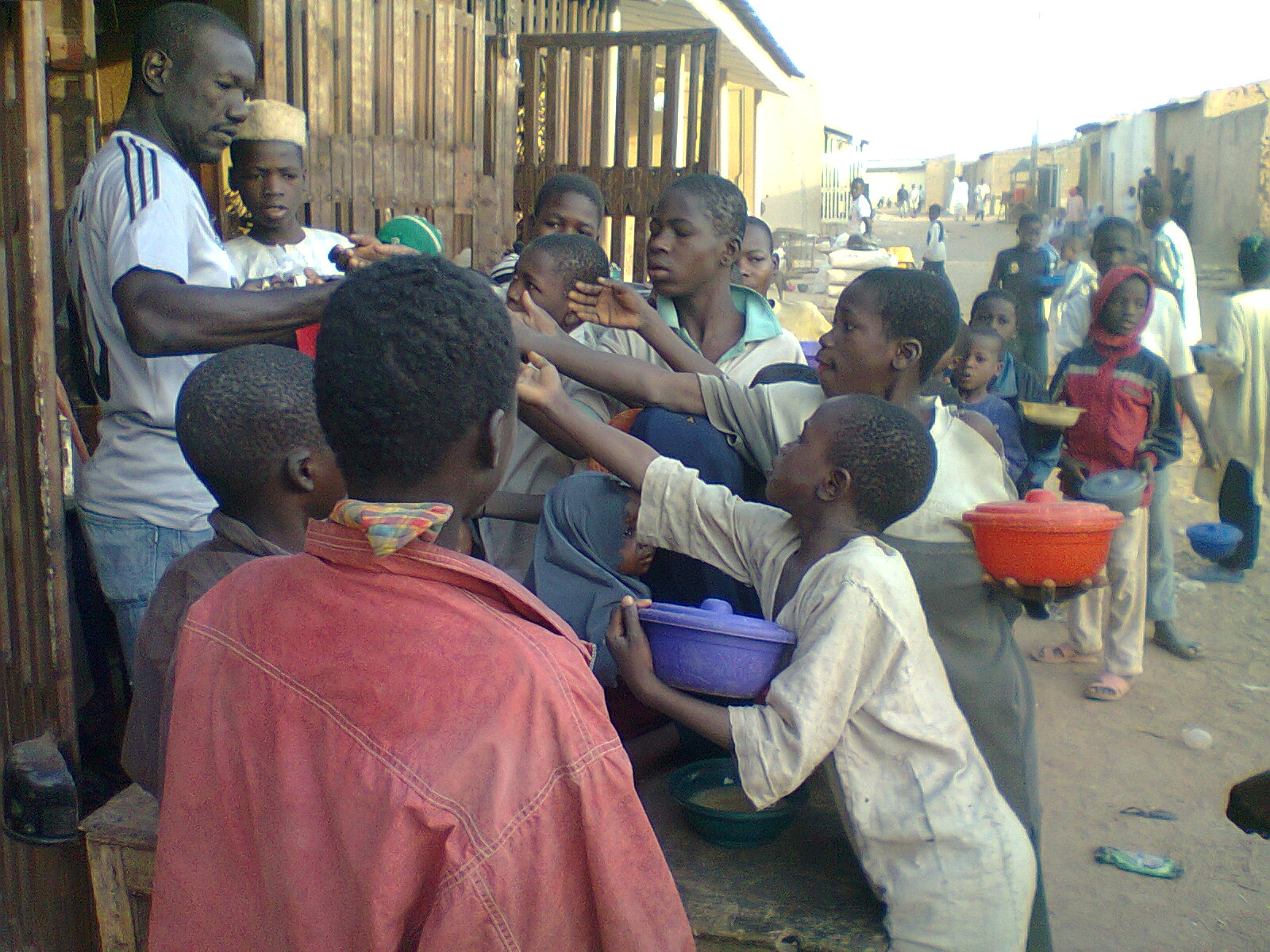

Apt representation of the state of the Almajiri Child in Nigeria.